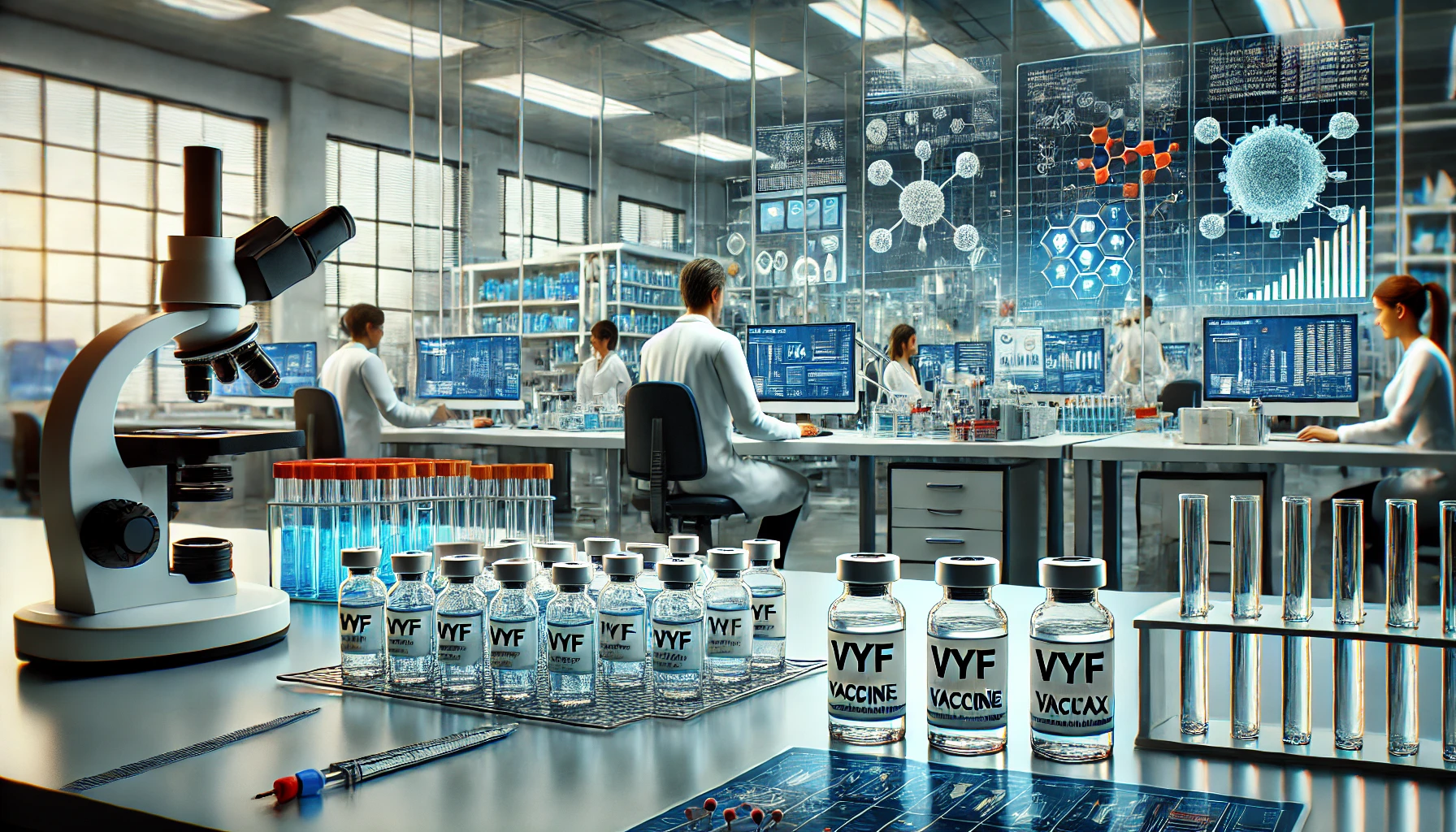Pioneers of AI: Nobel Prize in Physics for Machine Learning Innovations
John Hopfield and Geoffrey Hinton won the 2024 Nobel Prize in Physics for significant contributions to machine learning, influencing the current AI revolution. Their research has vast potential, yet raises ethical concerns about AI surpassing human intelligence. The award highlights their crucial role in advancing this transformative technology.

American scientist John Hopfield and British-Canadian Geoffrey Hinton were awarded the 2024 Nobel Prize in Physics for their pioneering work in machine learning, which has set the stage for the artificial intelligence revolution.
While their contributions promise groundbreaking advancements in fields like healthcare, they also spark concerns about AI systems potentially outstripping human intelligence, a warning echoed by Hinton, known as a 'godfather of AI.'
The Royal Swedish Academy of Sciences recognized the pair for utilizing physics to develop today's foundational machine learning methods, highlighting the dual-edged nature of this powerful technology.
(With inputs from agencies.)










